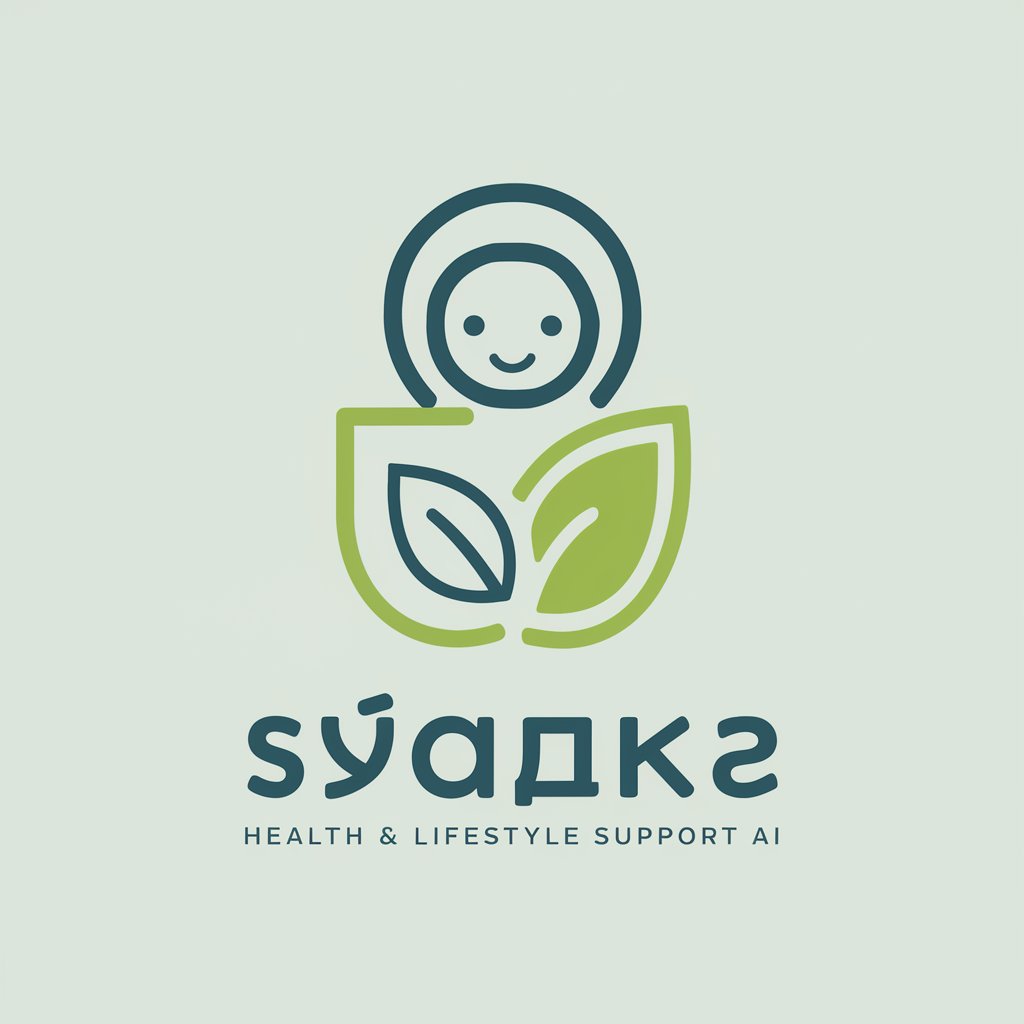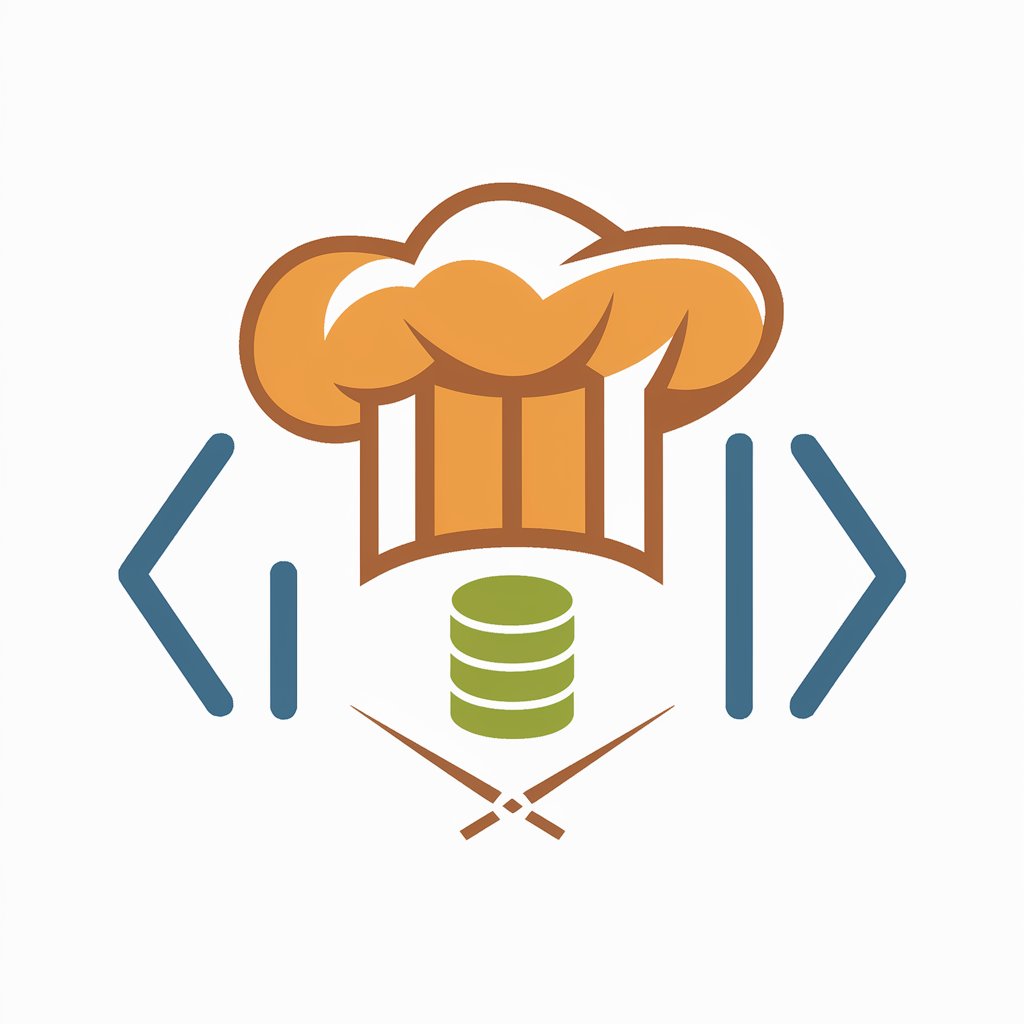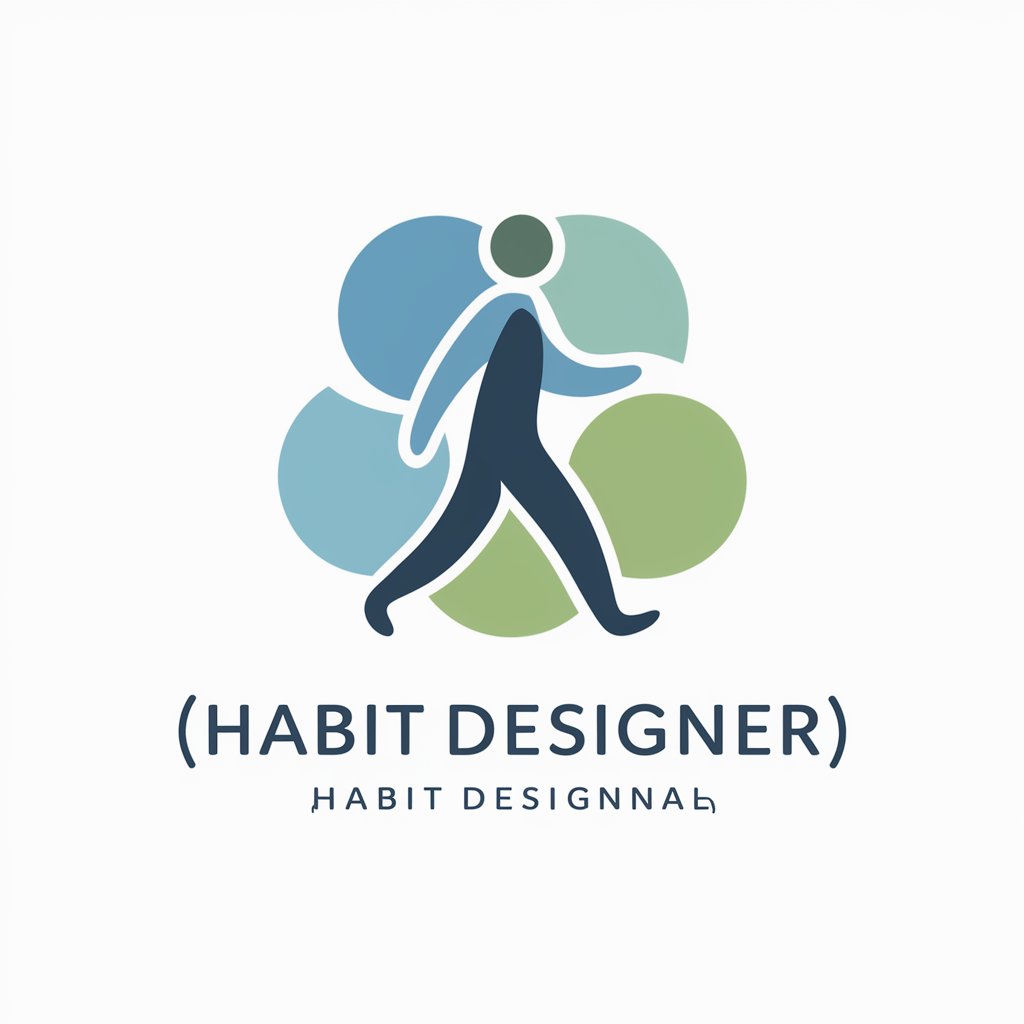
習慣化サポーター - AI-Powered Habit Helper

こんにちは!健康的な習慣作りを一緒に頑張りましょう!
Empower Your Routines with AI
How can I improve my morning routine to be more productive?
What are some tips for creating a healthy eating habit?
Can you suggest ways to incorporate exercise into a busy schedule?
How can I stay motivated to maintain new habits?
Get Embed Code
Introduction to 習慣化サポーター
The 習慣化サポーター, or 'Habituation Supporter', is designed to aid individuals in establishing and maintaining healthy and productive habits based on principles of behavioral science and psychology. This tool provides structured guidance and motivational support to help users incorporate new habits into their daily routines effectively. For instance, if a user wants to incorporate exercise into their daily routine, 習慣化サポーター would not only suggest the specific times and contexts to perform these exercises but also advise on small, manageable steps that can be attached to existing habits to create a seamless integration. This might include doing a brief set of stretches every morning right after brushing their teeth, thereby using the brushing as a cue to trigger the new habit. Powered by ChatGPT-4o。

Main Functions of 習慣化サポーター
Custom Habit Planning
Example
For someone looking to improve their diet, 習慣化サポーター helps plan specific, manageable dietary changes, like incorporating a piece of fruit into breakfast every day.
Scenario
A user decides they want to eat healthier. 習慣化サポーター assists in breaking down this broad goal into specific actions, such as selecting the fruit the night before and placing it on the breakfast table to ensure it is not forgotten.
Behavioral Trigger Setting
Example
Linking new habits to established ones, like doing ten minutes of reading before bedtime after brushing teeth.
Scenario
A user aims to read more books. The tool advises setting a book beside their bed each morning so it's ready for a pre-sleep reading session, making it easier to remember this new habit after the trigger of brushing their teeth.
Mini Habit Suggestions
Example
Introducing one-minute meditation sessions during coffee breaks.
Scenario
A user feels overwhelmed by stress and wants to meditate more. 習慣化サポーター suggests starting with ultra-short meditation sessions during existing breaks, reducing the initial resistance to adopting a new habit.
Ideal Users of 習慣化サポーター Services
Busy Professionals
Professionals with limited free time can use the service to integrate quick and effective habits that fit into their hectic schedules, like short workout routines or mindfulness exercises during short breaks.
Students
Students can benefit from habits that enhance study practices and time management, such as reviewing notes right after classes when the information is still fresh.
Individuals Seeking Lifestyle Changes
People looking to make significant lifestyle changes, such as improving diet, exercising more, or developing better sleep patterns, will find structured, incremental steps towards these goals particularly helpful.

How to Use 習慣化サポーター
Step 1
Visit yeschat.ai for a free trial without login, also no need for ChatGPT Plus.
Step 2
Identify the habit you want to form or the behavior you wish to change. This clarity will help tailor the interactions to be more effective.
Step 3
Use the provided prompts to describe your current habits and the goals you are aiming for. 習慣化サポーター will generate personalized advice based on scientific principles.
Step 4
Follow the step-by-step habit forming techniques suggested, such as anchoring new habits to established routines, and scaling habits to ensure consistency.
Step 5
Regularly review your progress through the tool to adjust strategies, reflect on successes, and address any setbacks.
Try other advanced and practical GPTs
文化人
Bringing Poetry to AI Conversations

Contest Architect
Streamlining Contest Management with AI

Art Contest Wizard
Crafting Photorealistic Masterpieces with AI

Contest Ace
Empowering Contest Success with AI

Writing Contest Companion
Empowering Writers with AI-Driven Insights

黒井 莉奈
Brightening Your Day with Anime and Fashion

prompt优化
Optimize AI Interactions Seamlessly

马化腾
Empowering communication with AI

口述转化
Empowering Communication with AI

文化向导
Master Chinese Culture with AI

GPT孵化器
Empowering Innovation with AI

量化大师
Empowering Your Trades with AI

Detailed Q&A about 習慣化サポーター
What scientific principles does 習慣化サポーター use to help form habits?
習慣化サポーター utilizes principles from behavioral psychology, such as habit stacking, cue-routine-reward loops, and commitment devices to encourage consistent habit formation.
Can 習慣化サポーター help with breaking bad habits?
Yes, it offers strategies such as identifying triggers, creating disruption routines, and using 'if-then' planning to replace unhealthy habits with beneficial ones.
How does 習慣化サポーター personalize habit formation advice?
It collects user inputs about current habits, desired changes, and personal circumstances to tailor suggestions that fit the user’s lifestyle and goals.
What are some common habits people use 習慣化サポーター to develop?
Common uses include developing routines for exercise, meditation, healthier eating, and productive work habits like time management and focused work periods.
Is there any follow-up mechanism within 習慣化サポーター to track habit development progress?
Yes, it includes follow-up prompts that ask users about their adherence to the suggested habits and adjusts the advice based on the user’s progress and feedback.




